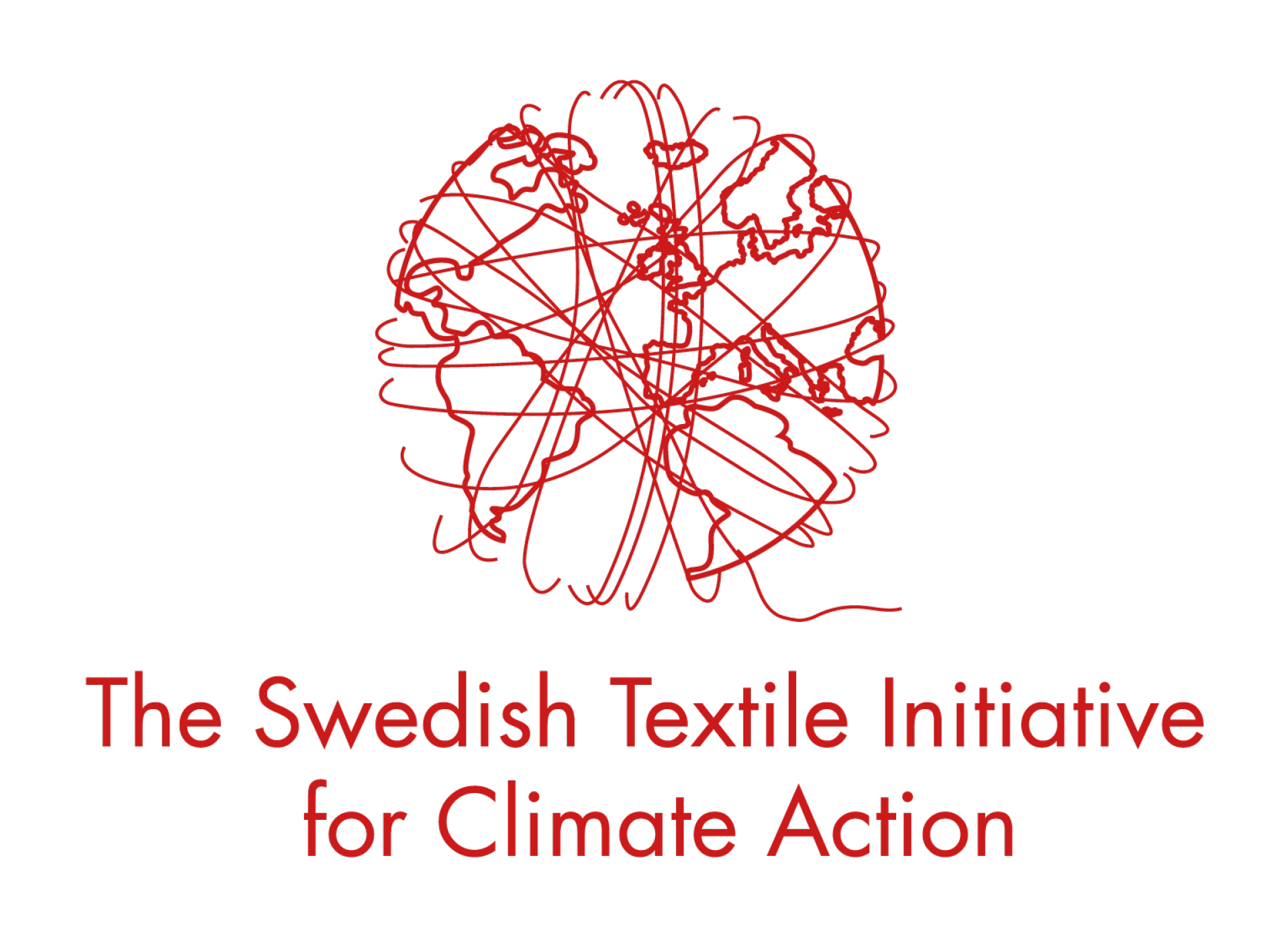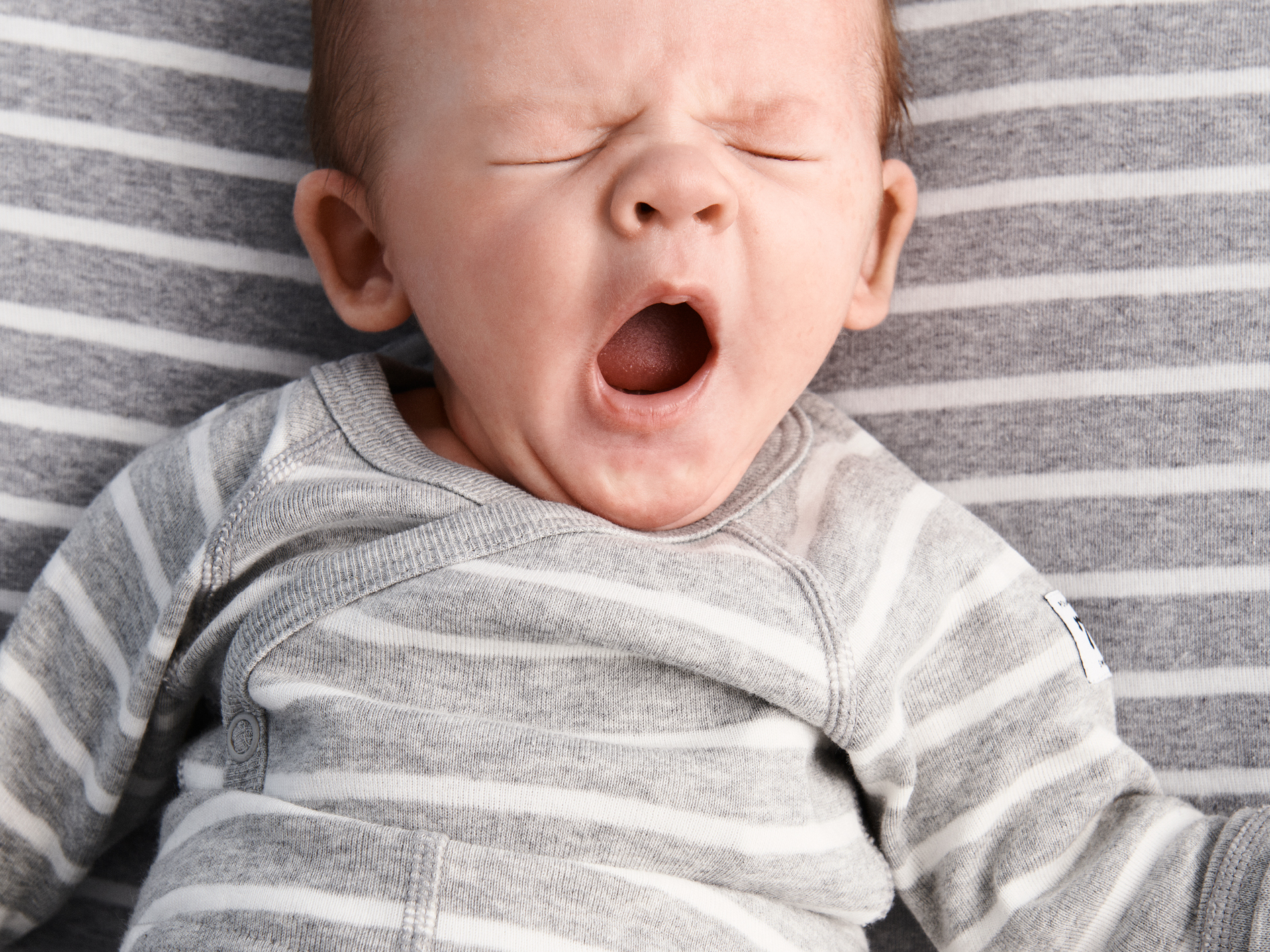Planet
Our planet is a hand-me down – we want our clothes to be handed down too.
The clothing industry is one of the most polluting industries in the world. And it’s our responsibility, as part of it, to change that. We urgently need to reduce our emissions. That’s why we’ve set our targets high – we will achieve an absolute reduction in greenhouse gas emissions of at least 50% by 2030. And we aim to be completely climate neutral by 2045.
With these targets, we’re reducing our greenhouse gas emissions in line with the Paris Agreement and what science says is required to limit global warming to 1.5°C. It’s important that we challenge, question and work strategically on the basis of existing scientific evidence, and continually update our goals accordingly.
The manufacturing of new products accounts for the vast majority of our emissions and is the real challenge. The fact that our garments are used for a long time and by multiple children is therefore a key factor in reducing our environmental impact. We therefore encourage our customers to pass on, lend, sell and buy preloved items.
Since our base year 2017/2018, we’ve charted our emissions in our own operations – Scopes 1 and 2, and since 2020/2021 we’ve also charted emissions from production, transportation, franchise stores and business travel – Scope 3.
Read more about our efforts to reduce our climate impact in our Sustainability Report.

We are convinced that our goals can only be realised with strong partnerships and collaborations at all levels.
That’s why we’re part of STICA – the Swedish Textile Initiative for Climate Action. This is an important initiative for learning, exchanging experiences and for developing the Swedish clothing industry.

We choose the right chemicals
All clothing manufacturing requires chemicals to be used to a certain extent. They are needed, for example, to dye the fabric and to print patterns. For many years, we’ve been using a list of stringent chemical restrictions, and we always quality assure our products from an environmental and public health perspective.
Our goal is to work proactively on chemical issues, which in many cases involves us going one step further than the legislation requires. We use BIONIC-FINISH® ECO on all our water-repellent outerwear – a PFAS-free technology that mimics natural water resistance. And by choosing GOTS-certified cotton, we are guaranteed that only the most gentle chemicals on the market have been used.
Our chemicals criteria are monitored by spot checks carried out by third-party laboratories, both during the manufacturing process and on garments for sale in our shops.
Chemicals research is constantly moving forward. That is why Polarn O. Pyret is a member of the Chemicals Group run by Swerea IVF, which has over 100 members. The purpose of the Group is to spread up-to-date information about chemical and environmental issues, as well as to act as a support and provide tools for working on chemical issues.
Here you’ll find our banned chemicals list, which all our suppliers have a duty to follow. The list is updated in line with new legal requirements every year.